FICCI Frames'15: Creating content for different mediums
The last day of FICCI Frames was dedicated to the booming Digital medium. With a lot of scope in this medium, various sessions addressed on how digital as a medium is providing content, challenges in the digital medium and moreover the trends in the way forward. The last day indeed ended just the way it started; on a high note.
A Founder’s tale with Raghav Bahl - Being an M & E entrepreneur in India
The M&E sector is one of the most dynamic sectors prone to rapid change. We hear from Raghav Bahl his experiences in setting up one of India's largest Media group, his key learnings during the process and his advice to young entrepreneurs.
While the session was moderated by Matthew Amroliwala, Presenter, BBC Global News, here are some key points that one should keep in mind while being an M & E Entrepreneur in India.
The session spoke about what the audience really wants to know. Raghav threw light on what the story is and the audience really wants to know more about what is being shown on the medium.
He adds, “An average reader attentively really reads about 400-500 words of a story and that is the amount in which the writer has to really sum up the essence of his story. No one really goes beyond that. When it comes to video, typically the viewer is interested for the first 45 seconds. Again that’s a crucial time band for content providers to really make effective content in 45 seconds. And this is something that statistics say. So when we see the digital world, it has a lot of scope, especially Video.”
“If we look at the video consumption pattern in India, it’s exploding. Consumers want intelligent content and content providers need to make content which will interest the audiences,” he adds.
Another trend that we are seeing today is that of advertising in the digital world. Bahl adds, “We see a lot of advertisers putting their ads on the digital platform. But what the advertiser doesn’t realize is that is he targeting the right person and does he really want to view the ad. This trend is totally different when we see it in the mobile space. While the desktop (computer screen) cannot track who the person is watching, the mobile gives a lot more information in terms of tracking and ads can be placed accordingly.”
“Smartphones have revolutionized the media ecosystem today. Today the focus of an advertiser has changed to create screen based content and that is key to understand the consumer behaviour in today’s competitive world,” he went on to add.
Bahl mentioned about ten impact points that one needs to keep in mind when he/she is catering to the digital medium. Some of the points are as below:
· Prime time is dead (Newspapers in the morning, and news in the evening)
· Home Page is dead
· Forever connected audiences
· The original/exclusive have a very short shelf life
· Soon, Exclusives will be commissioned/syndicated, leaks of course will continue
· It’s the era of Desktop Journalism
Elaborating to the impact points Bahl threw light on what the audience really wants. They want more edgy and better content play.
When Amroliwala questioned him about why he left Network18 to start his own venture, Bahl responded by saying that, “If I couldn’t be in my own control in Network18, there was no other option but to start something on my own so that I could control it.”
Freedom of Speech for the Fourth Estate in a multi-cultural democracy – Relevance & Implications
Freedom of Speech which has been much talked about on social media from the last couple of years was addressed to by an interesting panel which had speakers like Matthew Amroliwala, Presenter, BBC Global News Manika Raikwar, Managing Editor, NDTV; Suhel Seth, Managing Partner of Counselage India and founder of Equus; Ramesh Sippy, Co-chair, FICCI Entertainment Committee and moderated by Simon Spanswick, CEO, Association of International Broadcasters, UK.
Seth threw light on how we are facing troubled times in India and a lot of commercial pressure. He mentions that Freedom of Speech is a grave danger in our country.
Raikwar addressed on how one can get more revenue for the broadcaster. Transparency is the key and that is something that is not there in our broadcasting system.
Amroliwala agrees to what Raikwar said about transparency being the key. He adds, “It is a global problem.” Sharing an insight of his own organization BBC he said, “We are at a unique and fortunate position of being a brand.”
Globally BBC as a brand is about trust and they have never deviated from that.
On a lighter note Seth adds, “The diligence in journalists doesn’t exist today. There was a time when Editors were read and never seen, but today we see Editors because they cannot write.”
He adds, “Today, it’s all about transmitting the thought to a wider audience. If we have creative people running the authority then we would have been a better nation. There is intolerant fear among the people when it comes to Freedom of Speech.”
“Today why most of the people do not express is because there is a major worry. There is a lot of contrarian thinking with the youth today and that will always remain,” he went on to add.
Raikwar being the MD of one of the leading news channels in the country summed it up by saying that the viewers/audience needs to be more vocal in today’s time. They cannot be stuck in that fear forever. An atmosphere of sab kuch chalta hai needs to come to an end.
Amroliwala concluded by saying that we need to be responsible with freedom. He said, “We need to maintain a trust with the kind of content we air and the language we use, as it is crucial in terms of messaging and news we broadcast. By Archit Ambekar | Twitter: @aambarchit


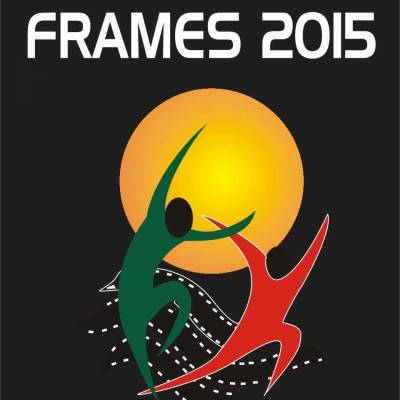
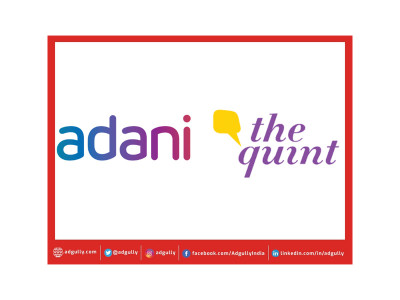
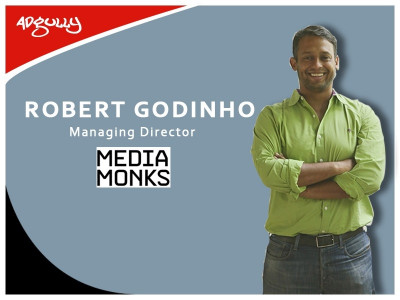
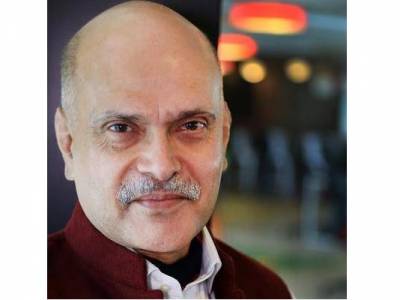
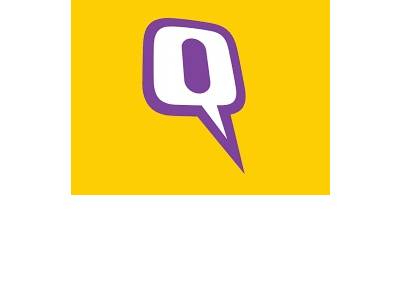

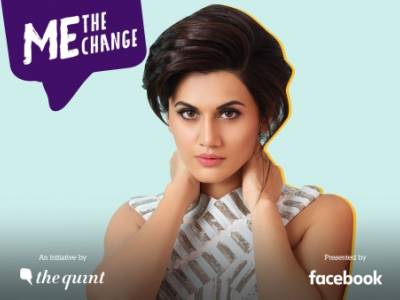

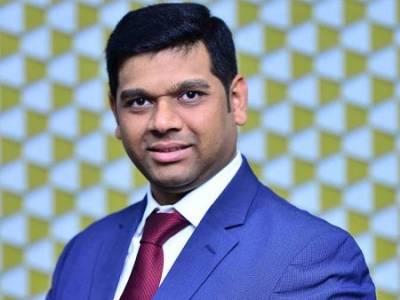

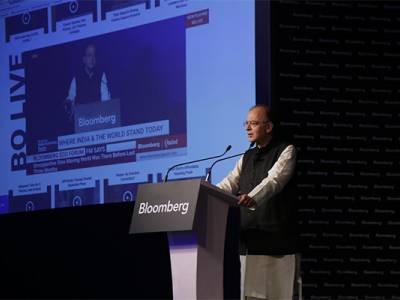

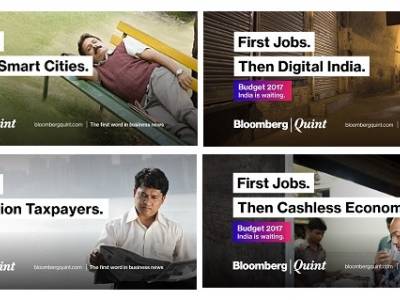


Share
Facebook
YouTube
Tweet
Twitter
LinkedIn